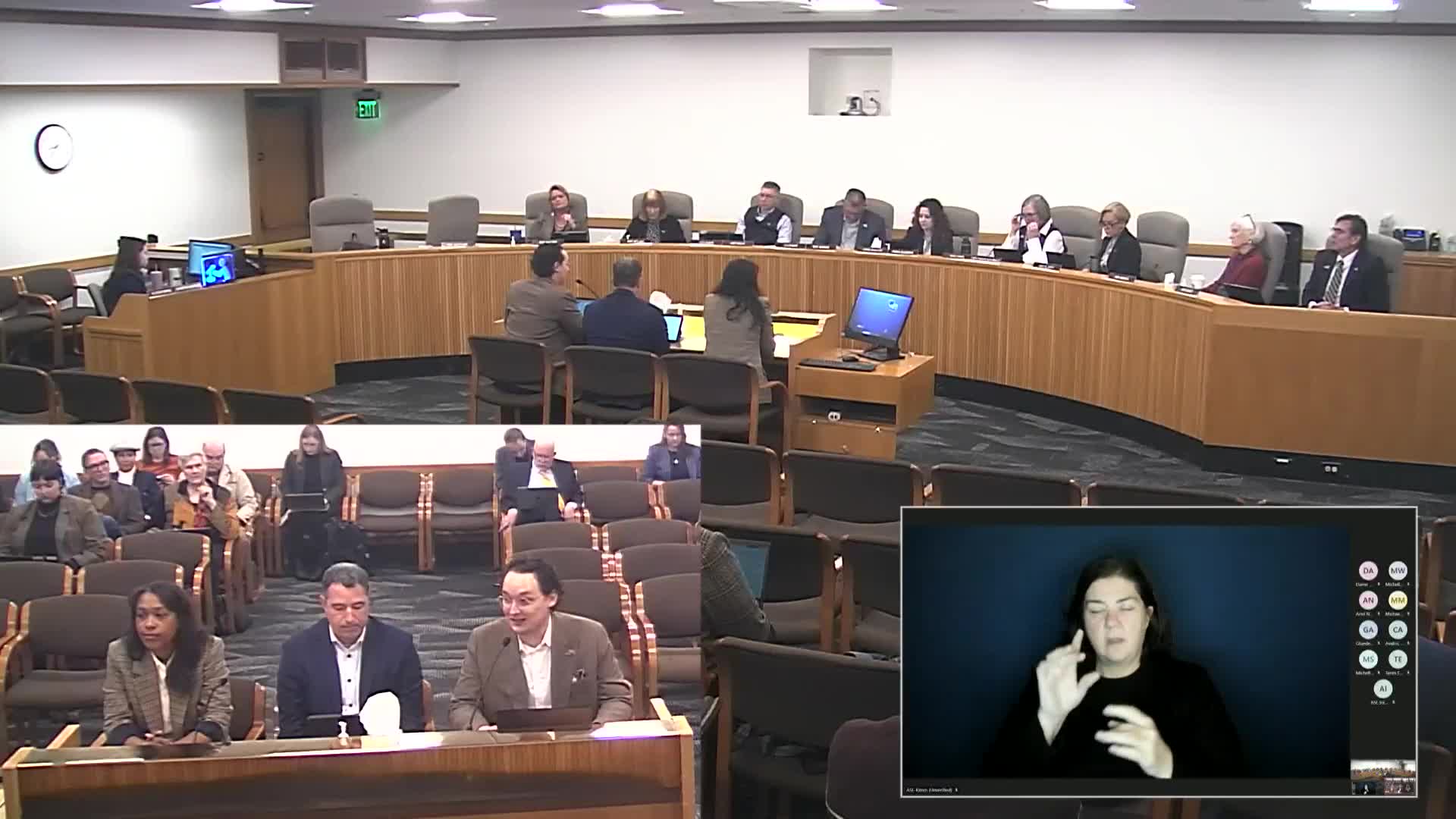Article not found
This article is no longer available. But don't worry—we've gathered other articles that discuss the same topic.
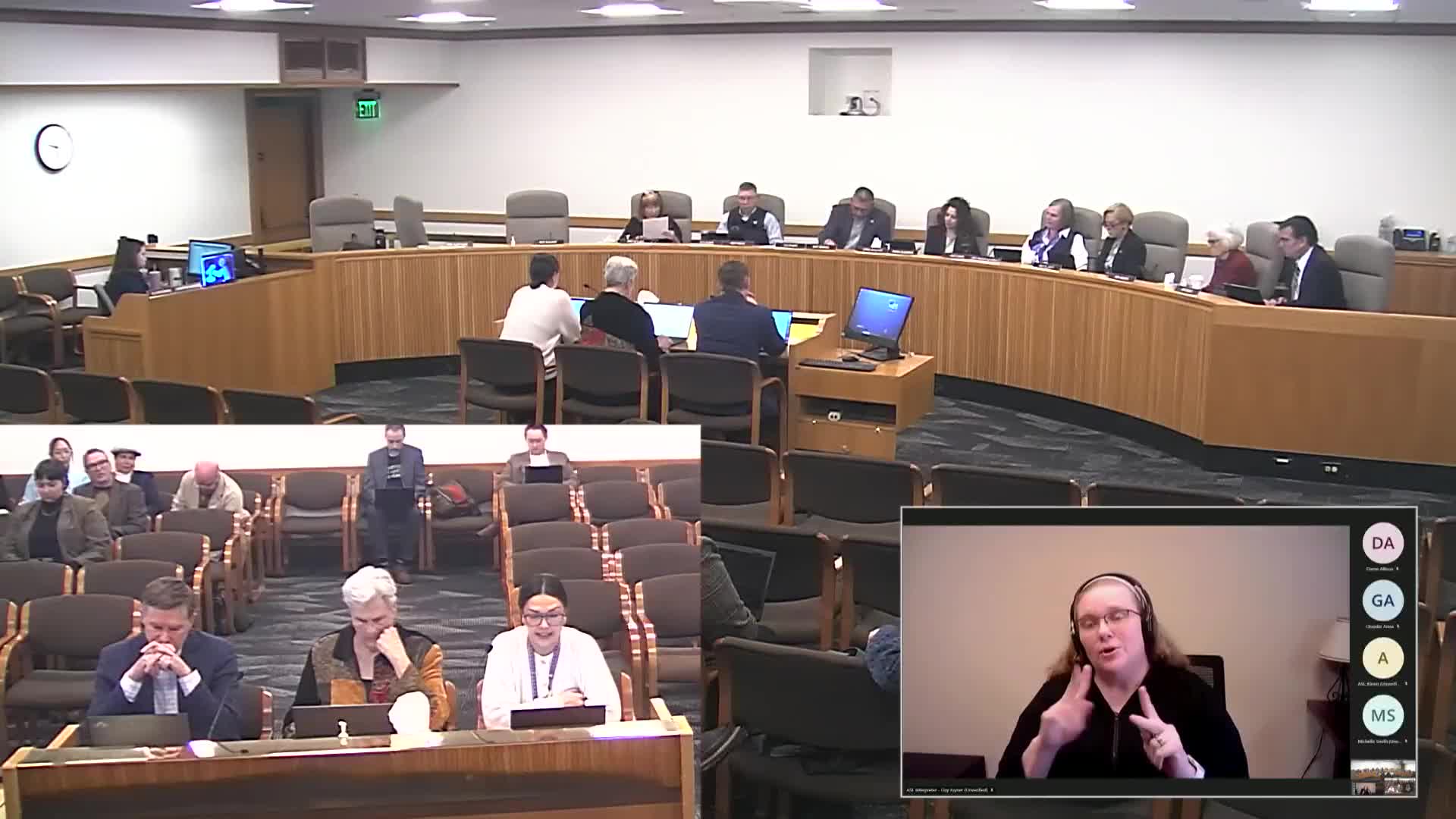
Bill would require well test results be provided to prospective buyers before offers; DEQ/OHA reporting and enforcement discussed
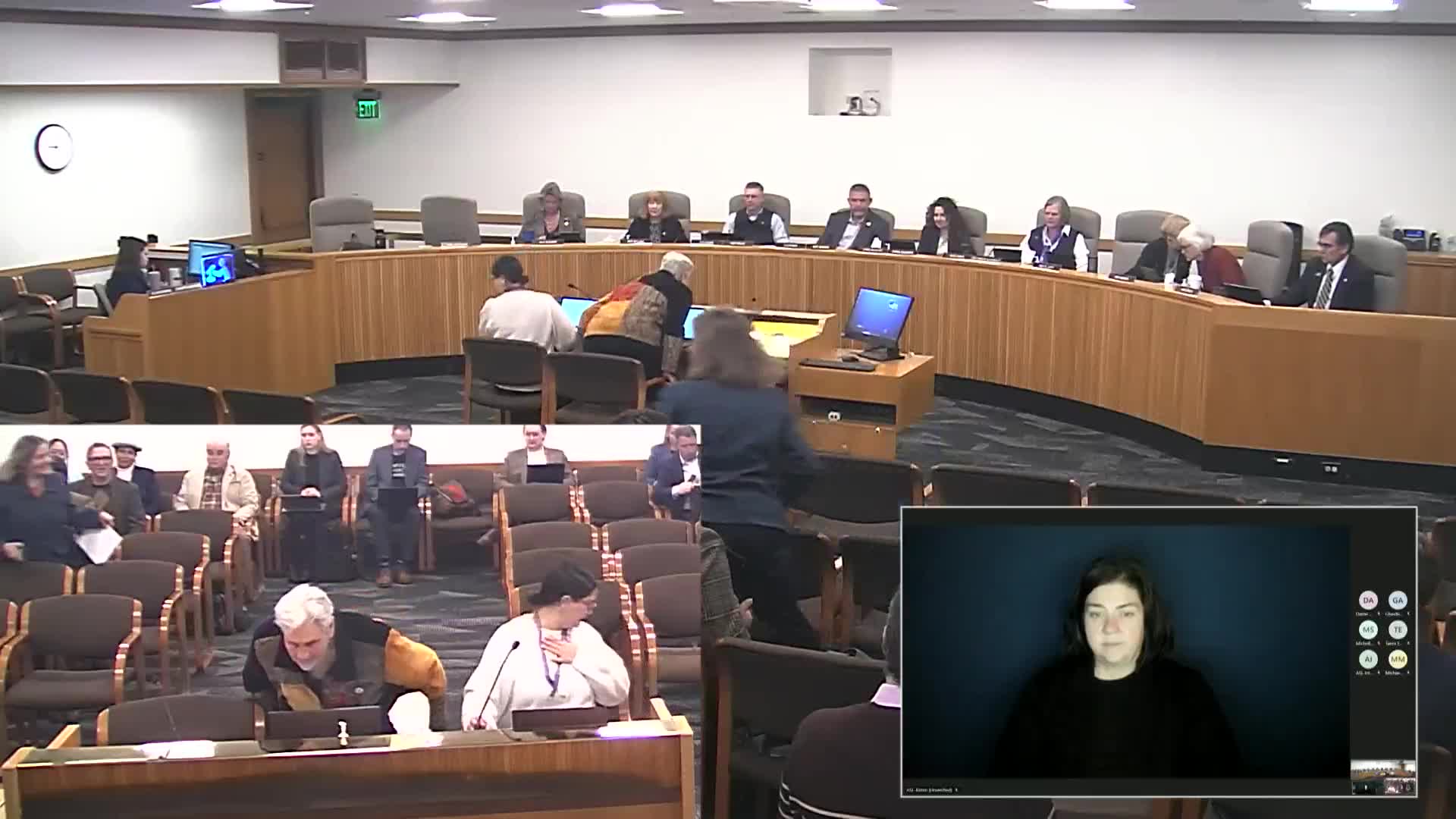
Committee hears HB 3525 to require landlords to test and disclose private-well water quality to tenants
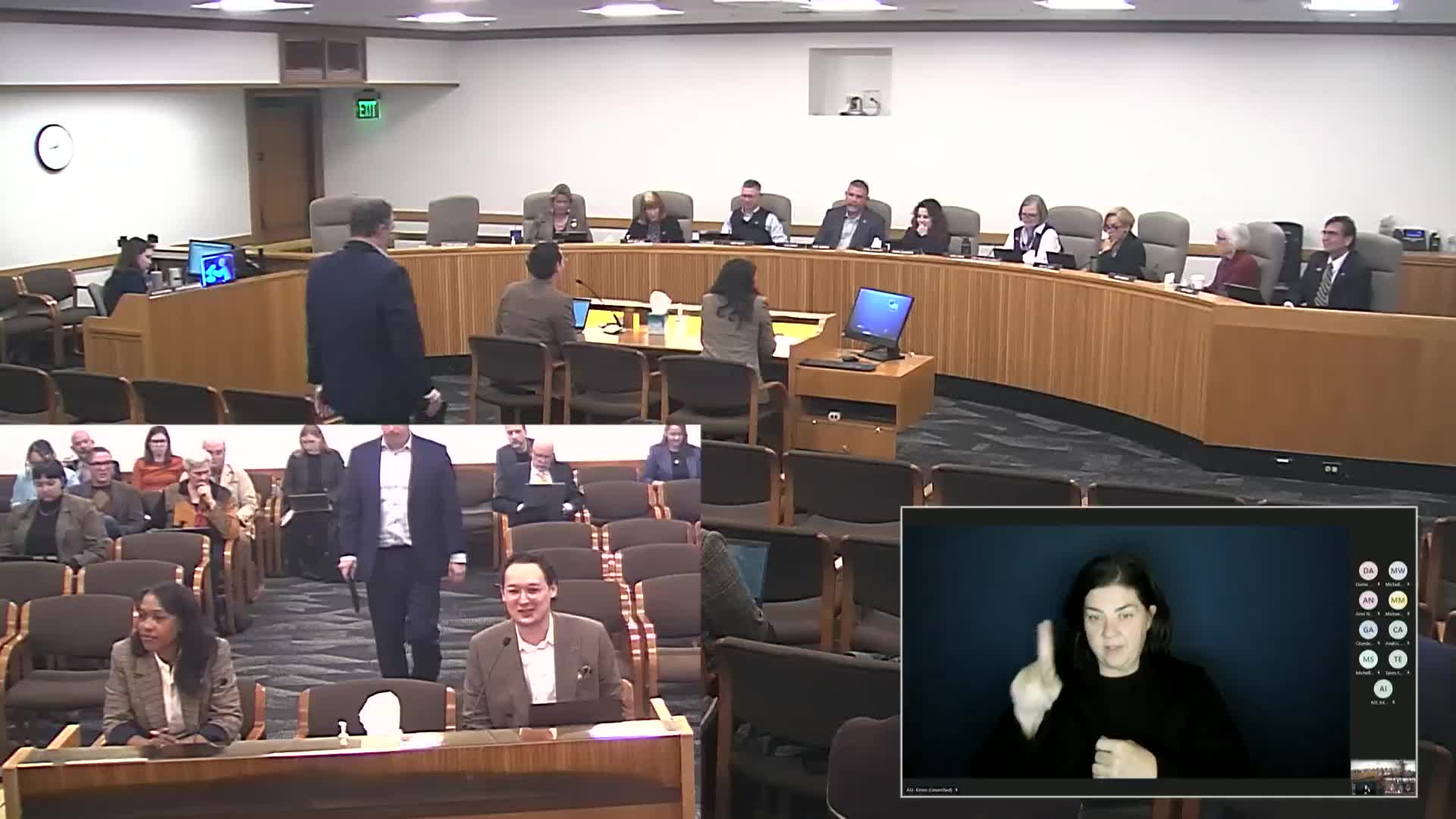
Witnesses urge $11 million state funding to restore low-income water assistance closed when federal LIHWAP expired
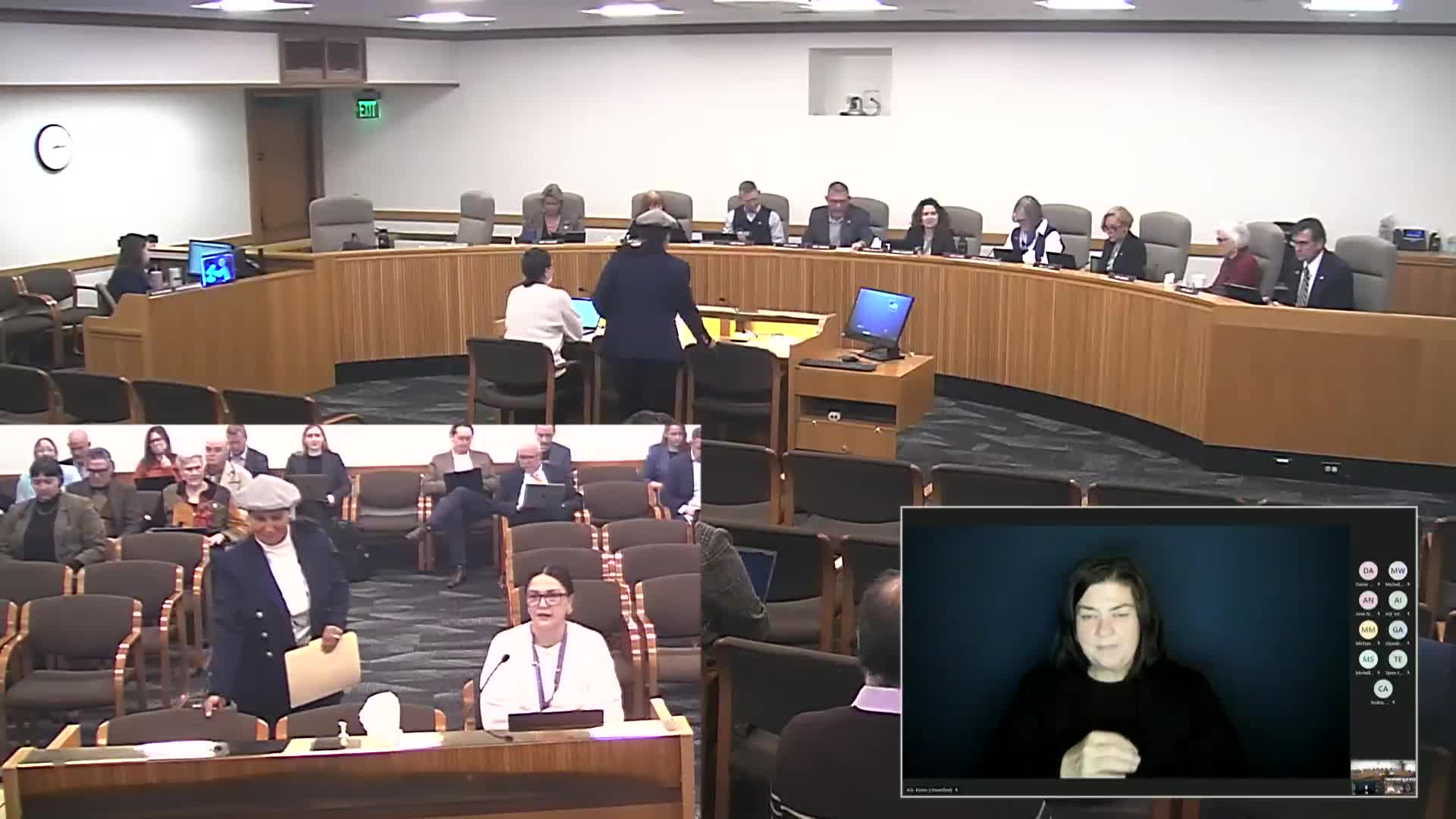
Panelists urge continued funding for Water Equity Fund to support community-led water projects
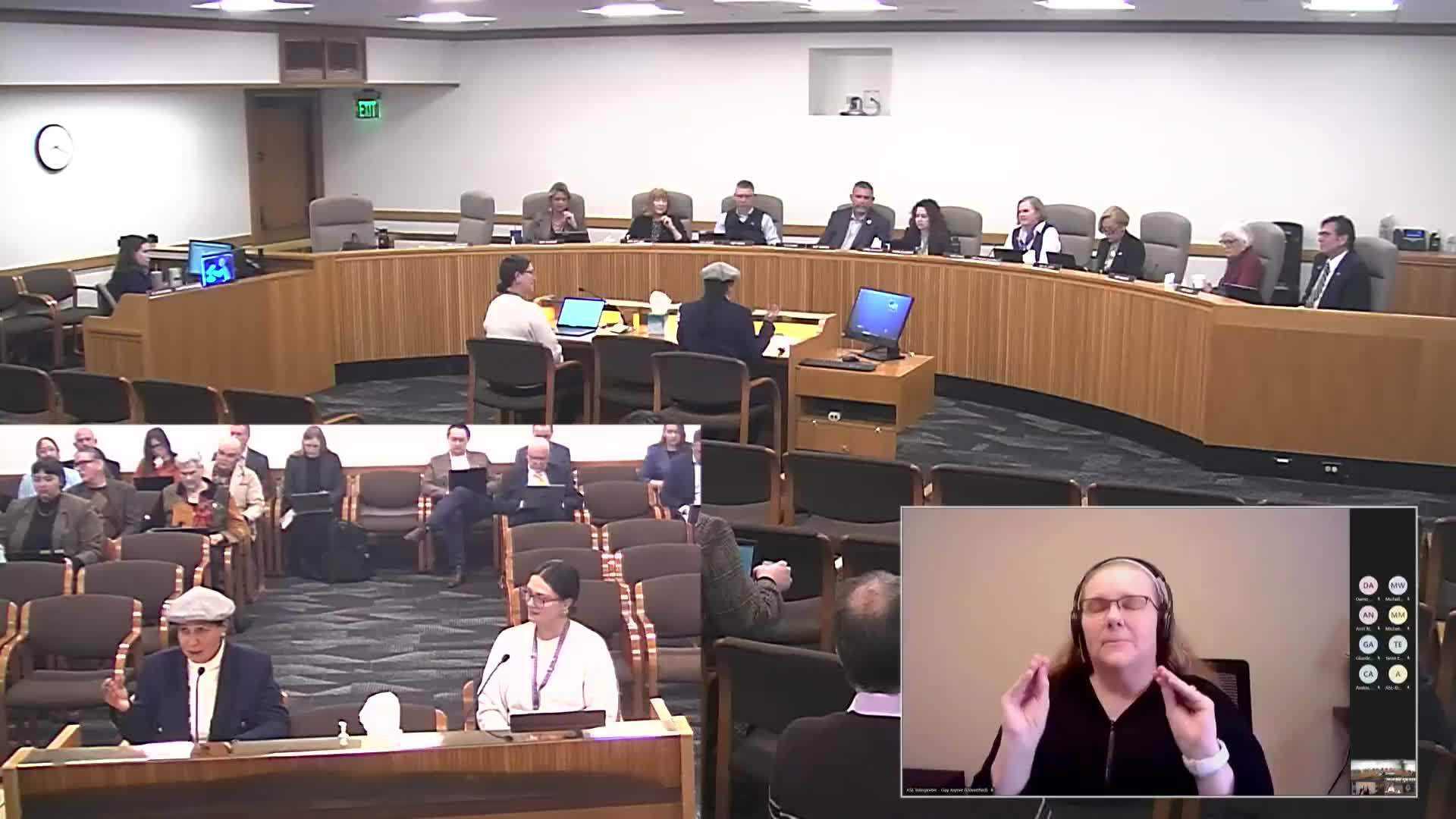
Committee moves hatchery funding bill to floor after discussion of new amendment
